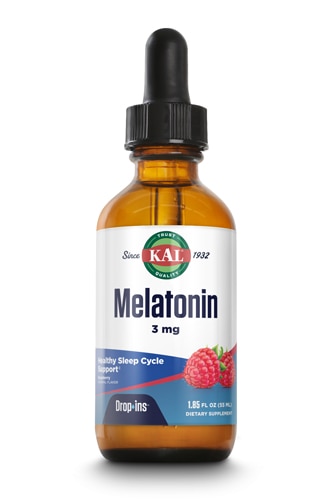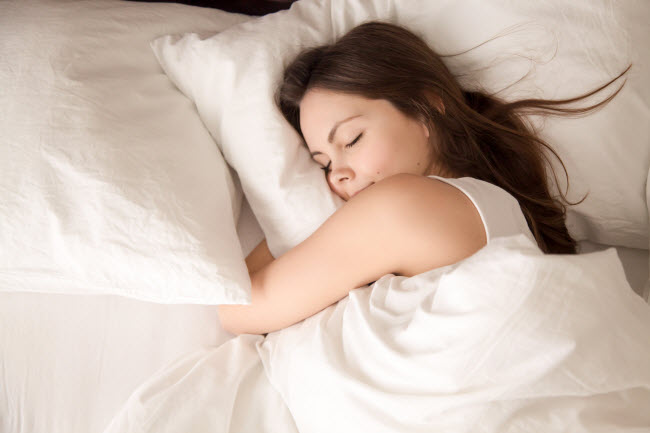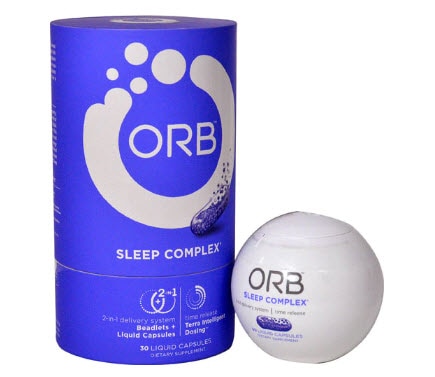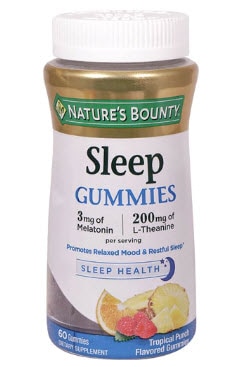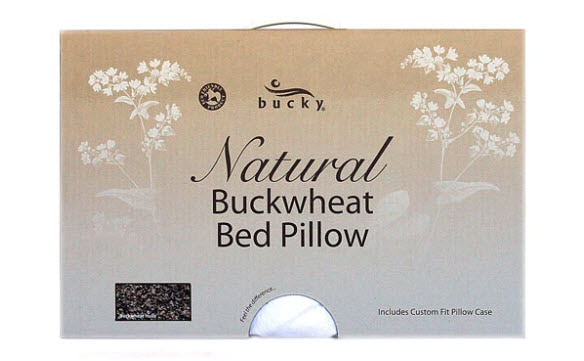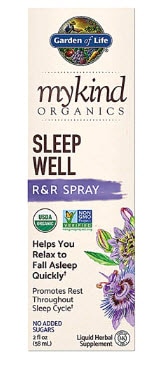The world of wellness trends brings its fair share of churn and turnover—but the weighted blanket is here to stay. Literally. Because once you have one on you can barely move.
While some crave the feeling of cossetted immobility, others feel, well, weighted down by it. Not everyone loves to be squashed, but those who do swear by it. Heavy blankets are just like they sound like—a very heavy individual comforter, augmented with glass or plastic beads, that can range from 5 to 25 pounds. Before they became a fad, the only time most people heard about weighted blankets was as a method for soothing kids with autism or sensory processing disorders.
The theory? The blanket’s extra bulk hugs a sleeper and can minimize tossing and turning and gently muffle an amped-up nervous system. In the last couple of years, the blankets have spread through word of mouth as well as well as generous media attention, piquing the interest of stressed out adults on the hunt for stress relief by any means necessary. (The CDC estimates that 50-70 million adults in the US have chronic sleep disorders, with insomnia amounting to about 30 percent of those disorders.)
Not coincidental that the surging popularity of heavy blankets coincides with anxious, tumultuous times in America, particularly regarding politics and climate change. As an article in the New York Times says, “Heavy bedding and other compression items have resonated, metaphorically and psychologically, as transitional objects for a population under stress.” The boom in heavy blankets reached critical mass in 2017, when the best-selling Gravity Blanket leveraged a viral Kickstarter campaign to become one of the first weighted blankets marketed to the general public. Time magazine named the Gravity blanket along with other “blankets that ease anxiety” as one of the best inventions of 2018.
As trends go, the influx of weighted blankets may not just be a remunerative boon for manufacturers and a score for sleep-deprived consumers. The blankets, one could argue, also a positive step toward de-stigmatizing the conversation about mental health. It speaks to the basic human need to be held or swaddled, a need we put aside at our own peril. According to an article on heavy blankets in the Atlantic, “One could even argue that the weighted-blanket craze has helped normalize needing help getting to sleep at night or feeling calm.”
As they moved from niche to mainstream, heavy blankets got a polished new look (think airplane blankets on steroids)—and new spin. Newcomers, such as Target and Walmart, offer the already crowded market more affordable versions. To do some “field” research for this story, I tried the Rocabi and Gravity blankets. My question: “Are heavy blankets security blankets for adults, well-designed beanbags, a must-have self-care upgrade, an anti-fidget aid for autism or an insomniac’s dream sleep aid? The answer, according to my family, was all of the above.
Both blankets we tried are radically soft, pleasingly plush, have removable covers for washing and, for environmental reasons, use biodegradable micro glass beads. (Gravity is currently in the midst of transition from poly pellets to glass.) And, with summer coming, both companies also offer the option of a cooling cover that can wick away sweat. Here are three good reasons to get your smush on.
3 Weighted Blanket Benefits
1. Voluntary immobilization
Weighted blankets tend to decrease movement and stimulation. The Swedish company Somna AB (a blanket manufacturer) underwrote a 2015 paper in the Journal of Sleep Medicine & Disorders, which found that consistent and evenly distributed sensory pressure “can reduce physiological levels of arousal.” Panic attacks, restless leg,and other anxiety symptoms can be put to rest, so to speak. In an article in the New Yorker, fans compare a heavy blanket “to Advil PM for your whole body.”
2. Deeper sleep
The absence of tossing and turning translates into sounder sleep for longer periods of time. Many intrepid adopters think of the blankets as a low-tech, hi-touch alternative to sleeping pills. Another industry-funded study, validated by an outside company, found that 72 percent of the weighted blanket users reported more relaxed and restful sleep.
3. Tangible calm
Blanket companies also cite an increase in serotonin and melatonin levels along with a decrease in cortisol, oft referred to as the stress hormone. Another industry study found that of the 32 adults who used weighted blankets, 63 percent reported less anxiety and 78 percent preferred the weighted blanket as a way to calm down.
Buying a weighted blanket:
The blanket’s real distinguishing feature is the exterior, which comes in an array of tasteful neutrals, subtle patterns and fabrics such as cotton, flannel, microfiber and polyester. The blankets are usually filled with plastic or glass pellets to add weight. The ideal blanket weight depends on a person's own weight—most manufacturers recommend getting a blanket that is 10 percent of the user's weight.
Need more sleep support? Check out these products for better Zzzzs, naturally:



